The Answer 25 That Raises a Figure like Samuel (1 Samuel 2:18-21)
The Answer 25 of the 1st, 2nd, 3rd RUTC: 5 /28/2023
The Answer 25 That Raises a Figure like Samuel (1 Samuel 2:18-21)
Samuel is one of the Biblical figures that parents want as a model for their children. That is how important he was; he enjoyed that many answers and blessings. There is another reason why Samuel is especially favored. Most individuals in the Bible become great figures by going through difficulties and failures, but Samuel did not undergo such times. There was only one instance of hardship for Samuel. He was raised and ran errands in the temple from a young age because of his mother’s, Hannah, vow. However, it was a great privilege for him to be raised under the priest’s blessing and guidance and be trained as a future leader. As he received these blessings and training, Samuel became a historical leader. In the Bible, Samuel played an important role in raising King Saul and David and opening the period of the monarchy. Three verses stress how preciously Samuel was raised. First, “the boy Samuel grew up in the presence of the Lord” (verse 21). Second, “the boy Samuel continued to grow in stature and in favor with the Lord and with people” (1 Samuel 2:26). Because he received God’s love and blessings, Samuel inevitably received the love and blessings of others also (Luke 2:52). Third, “the Lord was with Samuel as he grew up, and he let none of Samuel’s words fall to the ground” (1 Samuel 3:19). This means that Samuel had evidence of the power and authority that God gave him. It is the spiritual summit blessing that comes from these three combined. It becomes a tremendous blessing if we can raise an individual like this in our church, field, or household. How can such a figure be raised?
- All believers have the covenant of this blessing and can enjoy it.
The beginning of this was the covenant given to Abraham (Genesis 12:1-3). All believers in Christ are those who will enjoy this blessing (Galatians 3:29). How did Abraham enter into this blessing, and what is the content of that covenant?
1) What was the first thing God said to Abraham after choosing him?
He was told to leave his country, people, and his father’s household. God was telling Abraham to leave the curses and fate that had been relayed in his household and change his spiritual background to enjoy God’s blessings. For us to have been saved in Christ means that our spiritual background has changed, that all fate, curses, and hell have ended and that we have become children of God.
2) There are five covenants given to people who have become children.
① It says that you are a source of blessings. It is the blessing of the source. We became those who will enjoy the background and blessing of heaven, the source of all things.
② It says that your name will be great. It is a representative blessing. This goes beyond ourselves and our family. The gospel reached Korea which was amidst poverty, curses, and suffering a century ago. Korea received a great blessing and became a nation that sends missionaries.
③ It says that you will be made into a great nation. It is the blessing of the posterity, a monumental blessing. A posterity that leads the churches to receive and enjoy answers and blessings must rise. Thus, Sunday school education, Summit School, and the remnant movement are important. We are seeing the future.
④ It says that all people on earth will be blessed through you. This is the blessing of evangelism and missions.
⑤ It says that He will curse those who curse you. No matter how much evil the darkness does, it cannot block this answer and blessing. It is an irresistible blessing. Even if difficulties come again, we just need to continuously enjoy victory in the spiritual battle by faith.
- There needs to be a covenantal contract between God and me for me to enjoy the blessing of the covenant being fulfilled in my life.
The covenantal contract’s content comprises my faith, devotion, and vow toward God.
1) All we need to do is believe in God’s promise. It seems the easiest thing to do, but it is the most difficult. My scars, worldly knowledge, and experiences have long become my standard, level, and norm. I must change the standard and imprints of my thoughts. The method to do so is Romans 10:17. That is why we repeatedly listen to the word of the gospel and Christ. In the old testament, it is the principle of burnt offering. One day, the faith to overcome my present reality and the world comes forth. Even if it is a small faith, the result is tremendous (Matthew 17:20).
2) What is devotion? It is the act of giving myself as I give thanks for being saved and the answers I have received (worship, time, talent, offering). In the old testament, the offering of devotion is a grain offering. The more grain offering and devotion of thanksgiving we give, the greater the answers. Hannah gave Samuel to God. We must not be shaken when devoting ourselves (1 Corinthians 15:58).
3) What is a vow? It is something I do when I want to draw deeper with God and desire to do something important. This can be done in deep difficulty or when God shows us a great dream and vision. Samuel is the son that Hannah received as she vowed amidst deep conflict due to child problems. Pau saw the great vision of Rome evangelism, shaved his head, and made a vow (Acts 18:18). Fasting prayer is a way of vowing. In the Old Testament, the offering given at this time is called a peace offering. Those who are to be ordained need to prepare with the determination to give this peace offering. A peace offering is given voluntarily. The offering of an animal is determined by the given blessing, and the individual needs to slaughter the offering himself.
- The training that Samuel, the subject of these blessings and answers, received.
No one can be used without training. This is all the more true for individuals who enjoy important answers and will be used importantly.
1) Samuel always lived in the temple. This does not mean that you need to leave the house and live in the temple. Live a life that keeps close to the church. It means a life that is centered on worship and the church in which Christ is the head. The twelve tribes of Israel positioned themselves centered on the Tabernacle when passing through the wilderness (world). It is not just about distance. It is being centered on Christ and loving the church as I love Christ (bartizan of the gospel).
2) He always lived guarding the ark of the covenant (1 Samuel 3:3). This is the mystery of prayer. The blessing has already been prepared, but if we live fearing the environment and reality and fall into worldly temptations, we lose hold of the spiritual blessings. We must no longer be deceived and stolen from. Thus, we must fight with prayer, have victory, and protect (bartizan of prayer). When Samuel prayed, the Philistines that brought difficulty upon the Israelites were destroyed (1 Samuel 7:5-10).
3) One day, we hear God’s voice as we enjoy this blessing. It is the time to realize the mission (bartizan of evangelism and missions). Surely, there is a work that God desires to do through me and my family (heavenly mandate, calling, mission). We have gone on the last twelve medical missions holding onto this heavenly mandate, calling, and mission, and it is the same this year.
Conclusion – The one disciple, witness, and remnant like Samuel are important. That one who is used in God’s absolute plan can be literally one person or twelve individuals like the twelve disciples, or seventy individuals like the seventy disciples. It just means the least we can do is one person. May ourselves, our family, posterity, and all believers be in this blessing.

